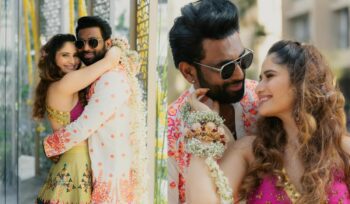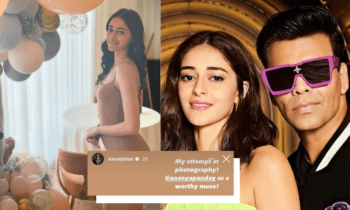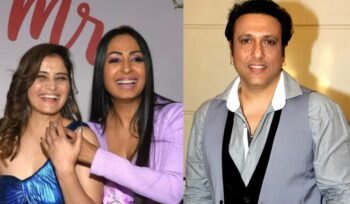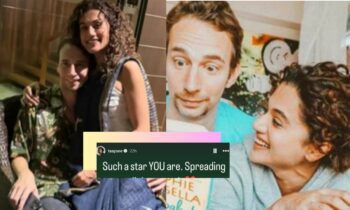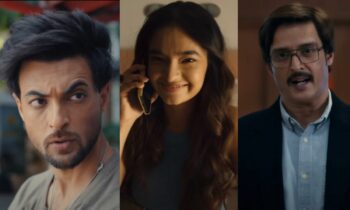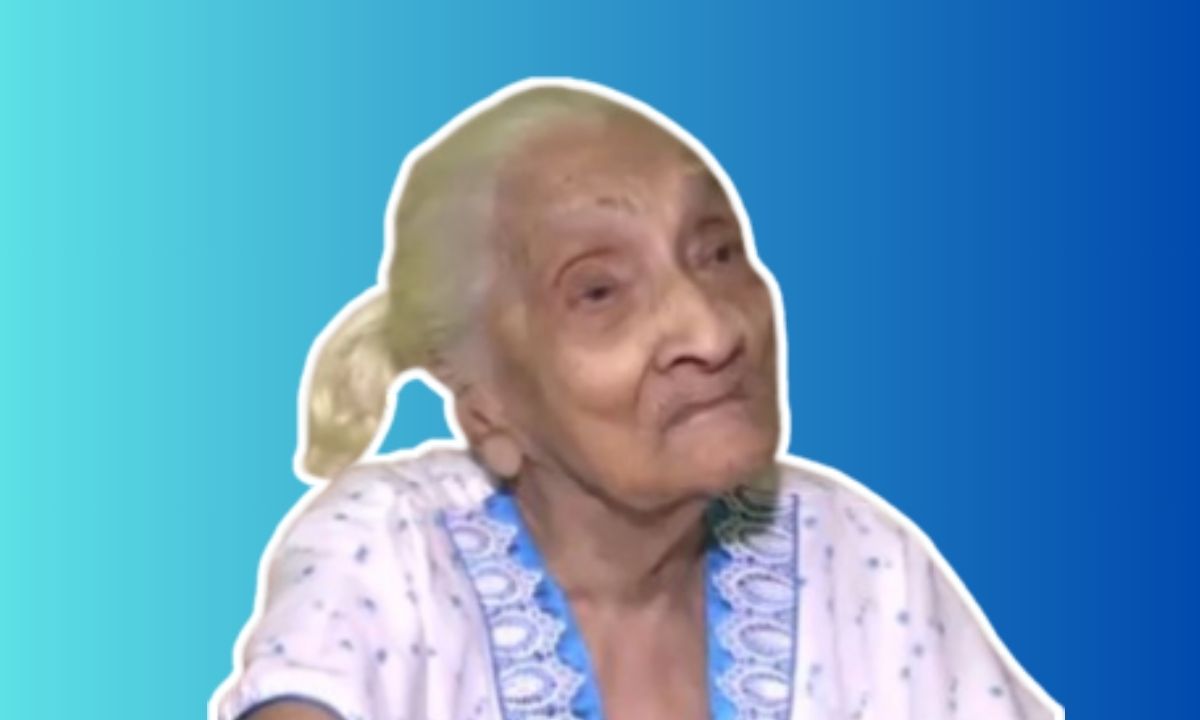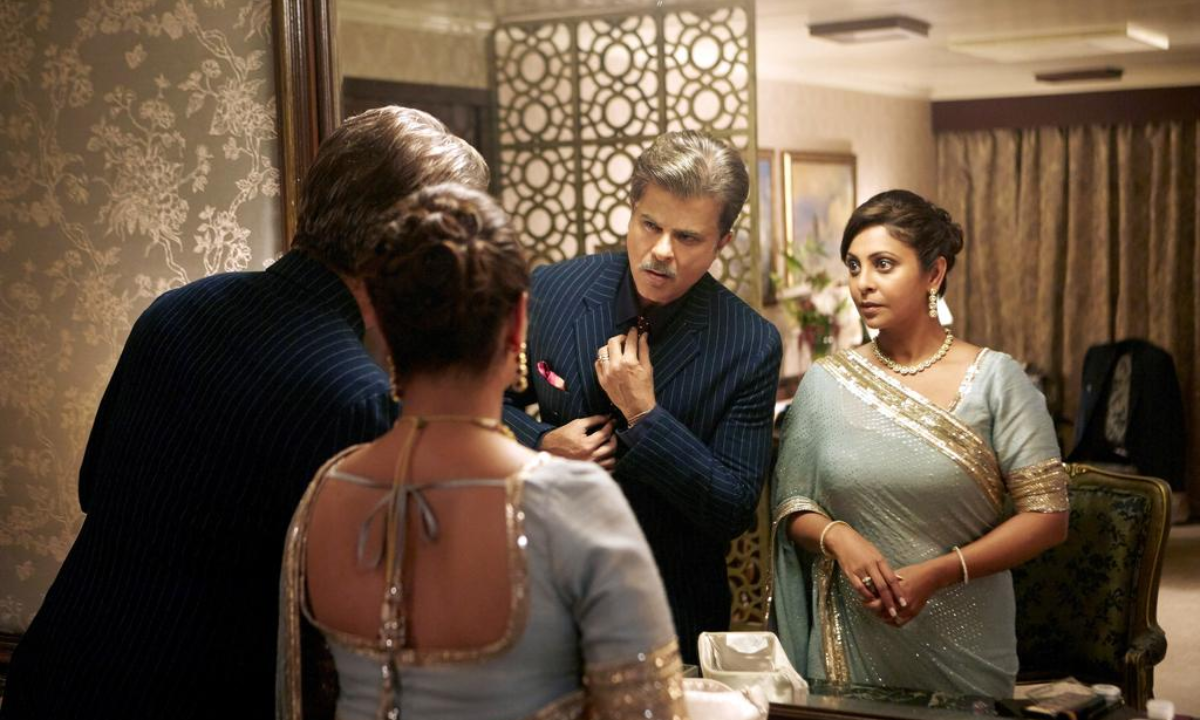International Day Of Persons With Disability: How Cinema Can Be More Inclusive, Sensitive And Spark Conversations
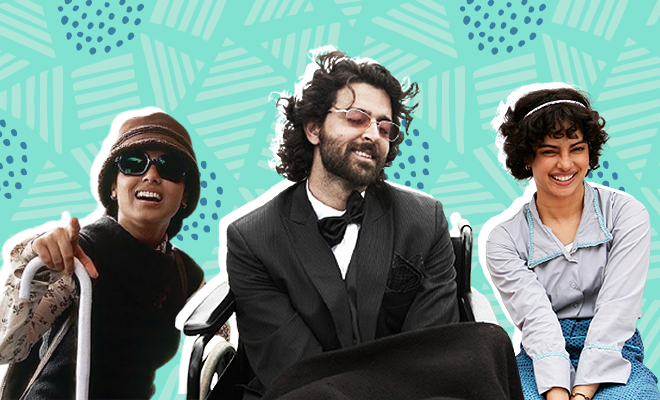
I recently watched Mismatched on Netflix, in which Taaruk Raina’s character, Anmol, plays a person with disability. During one scene, he gets asked by the professor (Ranvijay Singh) why he is late to class. And Anmol launches into a tirade about how it is so difficult for him to find a bathroom in the entire campus that is barely equipped for someone in a wheelchair. In another episode, Anmol goes to the house of one of his classmates, Zeenat (Vidya Malavade). And while the show obviously had to prep the house entrance with a ramp for Anmol to storm out on his wheelchair during one of the scenes, it got me thinking. Most residential or office spaces, heck, even roads in our country, are not equipped for persons with disabilities. Unless, of course, they know someone like that is going to be around and will need it. The question is, then, can’t we just be preemptive?
Today, December 3, is International Day of Persons with Disabilities. The purpose of having such a day, since it was instituted by the United Nations in 1992, is to “promote the rights and well-being of persons with disabilities in all spheres of society and development, and to increase awareness of the situation of persons with disabilities in every aspect of political, social, economic and cultural life.”
Days such as these, which initiate conversations about such issues, are important. Sure. But how long do these conversations last? And do they really engage enough people to make a difference? If you ask me, it is the more liberal arts that we live our lives in—books, movies, music, art, fashion—that can really help spread awareness, evoke compassion and make considerable difference. Simply because they’d have a larger influence on human emotion than anything else. Of course, nothing trumps our own awareness and effort. But in case that ever needs a nudge in the right direction, we should be able to look at our arts, no?
Why a sensitive, inclusive portrayal of persons with disabilities is important in cinema?
Actor Rani Mukerji, who has played two such roles in critically acclaimed films, Black and Hichki, weighed in on this need for inclusivity and sensitivity on screen as a means to spark conversation around disabilities. In Black, she played Michelle McNally, a specially-abled person, while in Hichki, she played a teacher with Tourette Syndrome. And both these roles, Rani says, were quite the learning process for her.
“’Black’ and ‘Hichki’ contributed a lot in making me a better human being. I am fortunate that I got to do these films and be a part of Sanjay Leela Bhansali (‘Black’) and Siddharth P Malhotra’s (‘Hichki’) cinematic visions. I hope these films managed to spark the right conversations about the need to treat everyone as an equal.”
She went on to talk about how essaying these characters helped he become a more resolved person herself, inspired by the will and determination of those who overcome such disabilities in their real lives and rise up. It also made her aware of how important inclusivity is to eliminate stereotypes and discrimination in the society.
“I learnt about the resolve of people who are determined to triumph, despite the odds stacked against them. Essaying these powerful girls on screen made me a stronger human being. I realised the effort that they had to take for many things that we take for granted. For me, ‘Black’ and ‘Hichki’ were emotional experiences that opened my eyes more towards inclusivity for all. We must constantly bring conversations about inclusivity and equality to the fore. We need to do our bit to stop discrimination and stereotyping of individuals like those I have portrayed in these films.”
Also Read: How Schitt’s Creek And Supernatural Have Me Rooting For Queer Ships For The First Time
How inclusive and sensitive is Indian cinema when it comes to persons with disabilities?
Indeed, the portrayal of persons with disabilities on screen with sensitivity and integrity becomes so important. These characters shouldn’t have to be ‘pitied’ or added to the story in the name of inclusivity just for the heck of it. Or worse, forced into stereotypes that are counterproductive to normalisation. Stories today have a real chance at etching out rich, complex characters, whose disabilities are not their entire personality. They can be whoever they want to be. Their struggles, triumphs, hopes, dreams and expectations, can be both different than ours as well as same as ours, and coexist. We’ve seen this pulled off to some extent in movies like Black, Guzaarish, Barfi, Hichki, Dil Bechara and so on.
However, Indian cinema still seems to miss the mark by a long shot. I was curious to know what persons closer to the cause think about their portrayals onscreen. I spoke to Virali Modi, who is a motivational speaker, model, influencer, actor and a disability activists. And can I just say, the conversation was quite eye-opening.
On whether she thinks that content these days is moving in the right direction when it comes to portraying persons with disabilities sensitively….
“I do sometimes feel that. I think in Indian cinema, it is more focused on the ‘bechara – bechari’ narrative, while in the west, it’s more, ‘Hey, they’re normal too’. This perspective of ‘pity’ needs to change. Cast us in a movie or an ad, because disability is reality.”
On movies / TV shows that she thinks got it right….
Glee (Artie Abrams, played by Kevin McHale, is a paraplegic high school student and a guitarist), Breaking Bad (RJ Mitte, who plays Walter White’s (Bryan Cranston) son on the show actually has cerebral palsy.) Also, Margarita With A Straw (Kalki Koechlin’s character Laila Kapoor has cerebral palsy).
On what, according to her, needs to change or evolve….
“First of all, accessibility on set. I remember I was shooting with Salman Khan for Being Human. The washroom was not at all accessible for me. I didn’t drink anything for ten hours because I was scared about how I’d go to the washroom.
Mainstream media also needs to be more accepting of having people with disabilities in movies, shows, ads, and everything else. We just need that additional push.”
View this post on Instagram
And finally, the message she wishes to put out today….
“To everyone, we are all temporarily-abled. One day or the other, someone we know, or even we ourselves maybe, might have to use a wheelchair, cane, crutches, and other things, and require the use of facilities meant for persons with disabilities. So why can’t we be the change we want?
Government has taken steps but hasn’t been able to fulfil them. But we can do it, right? We know it’s going to affect everyone. We can collectively raise out voice and make India accessible. It’s all I have done. I’ve raised my voice and it has happened. And that’s just one person. Imagine if everyone does this?
Also, disability does not need to be related to negativity. Change the terminology; change your perspective. That’s the only way we’ll be able to move on to more pressing issues; once we stop fighting over what’s politically correct and what’s not.”
Well, Bollywood clearly has a long way to go. And I hope it’s got its eyes and ears peeled, and is listening to how it can do better. The time for stereotypes, thank heavens, is finally over. The time for inclusivity and normalising is already here, and if you aren’t an enabler of the good, then what are you even doing?
https://thehauterfly.com/relationships/5-ways-to-come-out-of-this-quarantine-without-breaking-up-with-your-partner/









